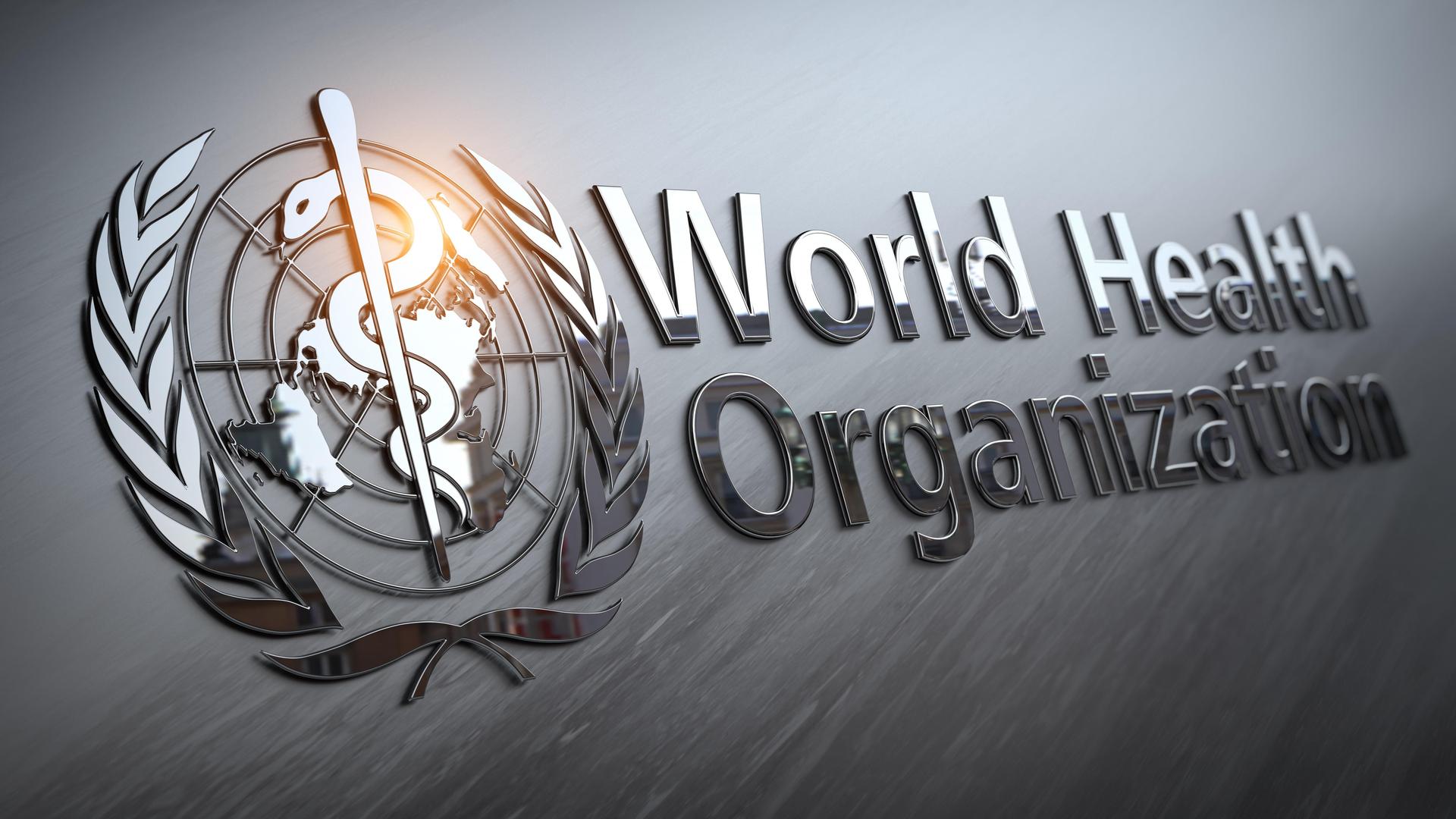The International Universal Health Coverage (UHC) Day, observed on December 18th, is a global event aimed at raising awareness about the necessity of ensuring that all people have access to quality health care without financial hardship.
This day was established in 2018 by the World Health Organisation (WHO) to accelerate efforts towards universal health coverage. UHC is a core target of the Sustainable Development Goals (SDGs), implying that all people have access to the health care they require, when they need them, and without financial hardship.
UHC is necessary for a variety of reasons. UHC has the potential to significantly enhance health outcomes, including lower death rates, improved life expectancy, and better management of infectious illnesses.
UHC can safeguard people from financial difficulty caused by healthcare costs, keeping them out of poverty. Universal health coverage is a fundamental human right that must be ensured for everyone, regardless of socioeconomic situation. A healthy population is a productive population. UHC can help to boost economic growth by reducing disease and disability.

Despite substantial progress in recent years, many countries, including Nigeria, continue to struggle to achieve universal health coverage. Some of the key challenges include securing adequate and sustainable funding for health services, ensuring a sufficient number of skilled healthcare workers, constructing and maintaining adequate health facilities, and addressing disparities in healthcare access between urban and rural areas, as well as between socioeconomic groups.
Nigeria, one of Africa’s most populous nations, is pivotal in the global pursuit of Universal Health Coverage (UHC). The country has made strides in recent years, expanding primary healthcare access and introducing health insurance schemes. However, challenges persist, including corruption, infrastructure deficits, and a shortage of healthcare workers.
To advance UHC, Nigeria must prioritise healthcare funding, enhance primary care quality and accessibility, invest in health infrastructure, train more healthcare professionals, and curb corruption. By overcoming these hurdles and implementing effective policies, Nigeria can significantly improve the health and well-being of its people. Let’s unite in building a healthier future for all Nigerians.


 Trending
Trending 